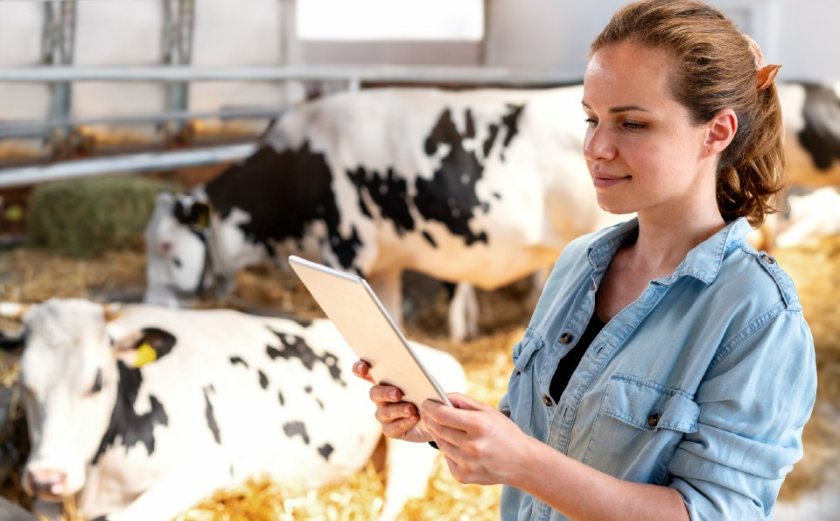
Researchers have developed artificial intelligence that offers insights into how emissions associated with UK livestock farming and land use can be reduced.
The new AI tool aims to provide the government with data on how changes in livestock practices could help the UK achieve its 2050 net zero goal.
Key features of the platform include machine learning models designed to estimate methane emissions from livestock farming.
The tool also predicts milk productivity and ammonia emissions from dairy farms, as well as analysing how land use and environmental factors influence UK methane emissions.
Professor Li of Loughborough University said: “By harnessing AI, our platform can offer data-driven insights that can help forecast future emissions based on a diverse range of data."
According to researchers, the AI tool analyses how various factors interact to impact emissions, providing farm-level and nation-wide insights that could help shape strategies to support the UK’s net zero goal.
The tool developed for livestock farms allow farmers to input details about their specific animals and practices to estimate their current annual greenhouse gas emissions.
Farmers can explore potential changes to their practices by selecting options from drop-down menus or entering variable values.
These adjustments provide immediate insights into their potential impact on both emissions and farm productivity.
One tool is designed specifically for dairy farmers, helping them estimate how their current practices affect individual cow milk yield and ammonia levels in waste.
Researchers say monitoring ammonia is crucial, as it interacts with soil microbes to produce nitrous oxide and may also indicate dietary imbalances.
Another tool, developed specifically for beef farmers, predicts methane emissions for individual cows based on farm-specific data.
It also helps farmers understand emissions in context by offering relatable comparisons—such as the number of trees needed to offset a cow’s annual emissions, the equivalent emissions from flights between London and New York, or the months of energy use in an average UK household.
Professor Meng, also of Loughborough University said: “We hope key stakeholders recognise the value of this platform, support efforts to achieve net zero emissions, and contribute essential data to help bring the technology to life.”
